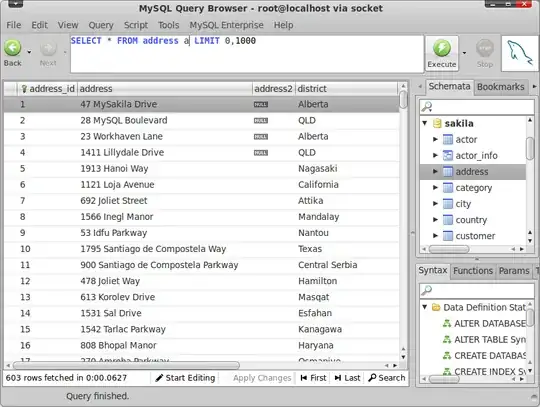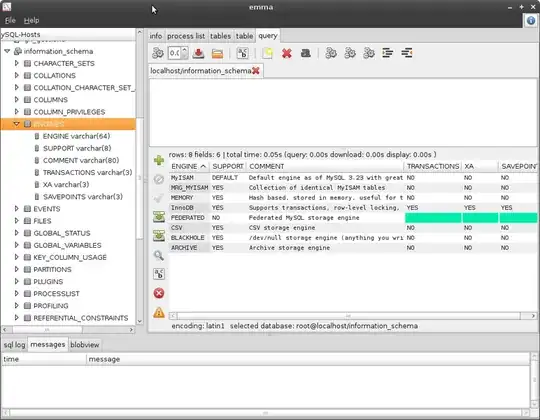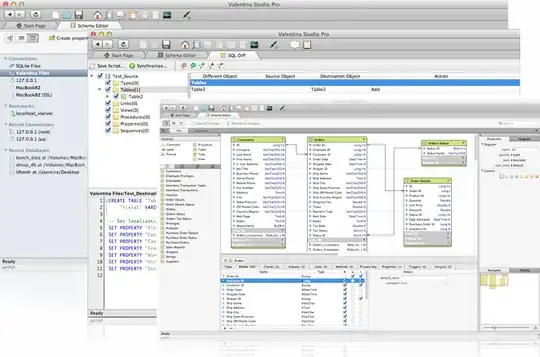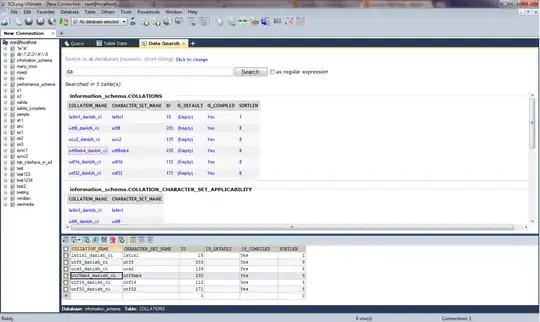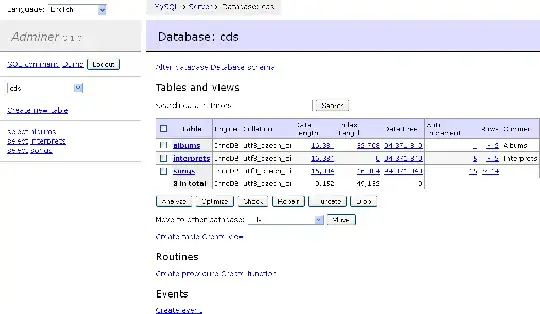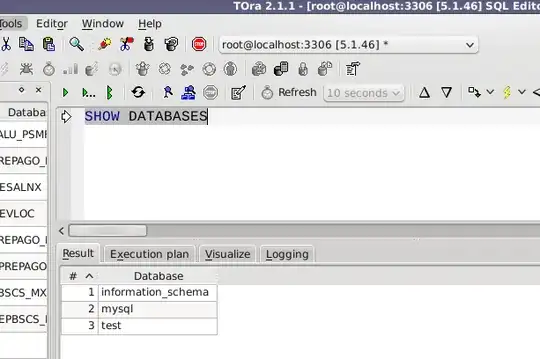I'm definitely late to answer here, but a friend and I were fed up of the overcomplicated Java Swing apps, so we built our own open source SQL editor & Database manager. It's 100% Open source - GPLv3 licensed.
Works great on Linux (I'm a Linux user), Windows, and MacOS, and we support loads of databases.
It's really modern compared to many of those listed here, but doesn't have as many advanced features, so it is not as well suited for DBAs, but it's GREAT for regular developers.
Full version: Beekeeper Studio
Open Source version: GitHub
At the time of editing (May 2024), Beekeeper Studio has over 1.25 million downloads, and 15,000 GitHub stars, so it's a mature and well-liked app!
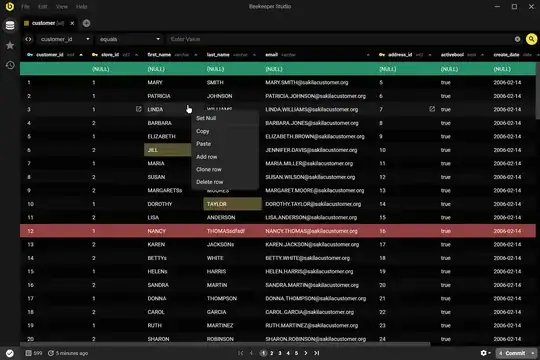
Hope someone else likes using it as much as I do!

